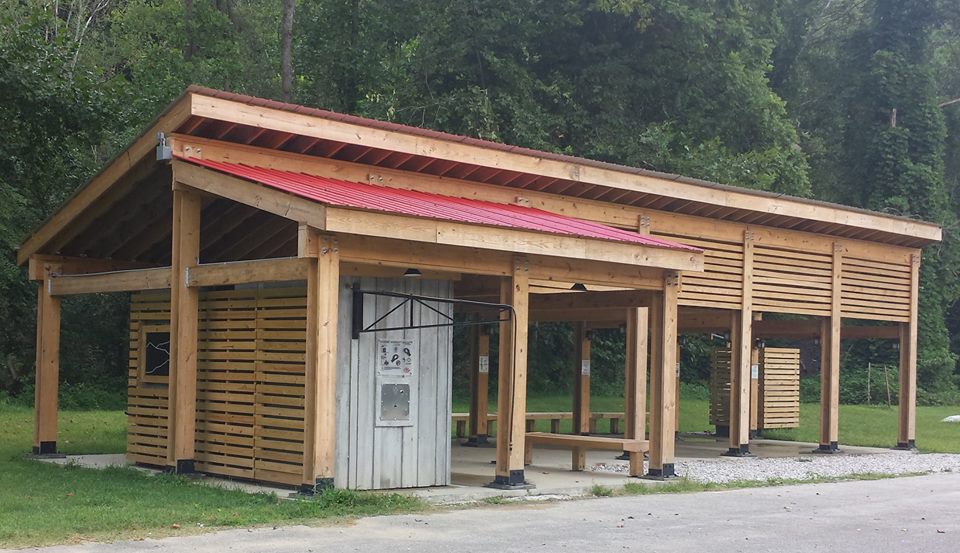Widgetized Section
Go to Admin » Appearance » Widgets » and move Gabfire Widget: Social into that MastheadOverlay zone
Partnerships That Make a Difference
The Appalachian Community Health and Disaster Readiness Project
By Don Green
September 15, 2015
What does a county do when they have limited resources but must meet the needs of a community faced with unsafe drinking water, potential crisis from tornadoes, flooding or wildfires, and accessibility and communication issues?
In 2013, the University of Tennessee was awarded a federal grant to assist Clay County, Kentucky with disaster readiness planning. Funding from the U.S. Department of Health and Human Services, Health Resources and Services Administration (HRSA) allowed a variety of expertise to assist in the planning process for those issues identified by that community.
Before applying for the award, Dr. Susan Speraw of the University of Tennessee, College of Nursing contacted David Watson with Clay County Emergency Management, inquiring if there was a need that could be addressed through this funding. In his response, Watson specified that the need was greater than anticipated and not limited to just health-related medical issues. He envisioned that the broader need would require expertise from the Colleges of Nursing, Architecture and Design, Engineering (Department of Civil and Environmental Engineering), and the Law Enforcement Innovation Center to fully capture the depth of the county’s need. Pulling that expertise from within the University of Tennessee System, Speraw brought all the desired entities together and formed the concept for the community outreach.
The goals of the project include:
- Complete a comprehensive needs assessment of health status, living conditions and disaster readiness, including citizens/stakeholders most likely affected by a catastrophic event.
- Collaborate with community leaders to conduct disaster vulnerability assessments of their communities and facilities used as shelters in disasters.
- Work with local citizens to enhance overall wellness, including structural safety of homes and community buildings.
- Present core disaster life support.
The ability to address each of these components centered on the relationships developed through the University of Tennessee’s Global Disaster Nursing Program.

Receiving the three-year award in 2013, staff and students have already made a significant impact. Beginning with the relationships formed through Mr. Watson in disaster planning, vulnerability assessments and public safety training, the project has expanded to the more rural areas of Clay County. Working with Tracy Nolan at Red Bird Mission, representatives have assisted in health/wellness visits, water testing, facility reviews and community outreach. Two of the most current projects involve:
- Designing and building a water kiosk to allow safe drinking water for at-risk community members.
- Designing a new fire station.
The faculty and staff are proud of the outreach and assistance that they have been able to provide. Many times, academic institutions are considered more research focused and without a real impact on community. In this case, faculty and students are not only learning in the classroom, they are applying that knowledge to aid a community in need of additional resources. What started as a short-term project will have a long-term effect on individuals living in the area.
The importance of this initiative is that it can be replicated in other communities faced with similar problems or concerns. Using university expertise to assist with evaluating issues, recommending solutions and, in some cases, providing resources to aid in implementation can be an asset to not only local communities, but have far reaching positive effects. The impact is not limited to the area serviced, but provides real life application of knowledge to students that will aid them in their desired careers.
Author: Don Green serves as executive director of the Law Enforcement Innovation Center (LEIC), an agency of the University of Tennessee Institute for Public Service. Formed in 1997, LEIC is a leading training and technical assistance provider for the law enforcement community across the nation. Green may be reached at [email protected].


Follow Us!